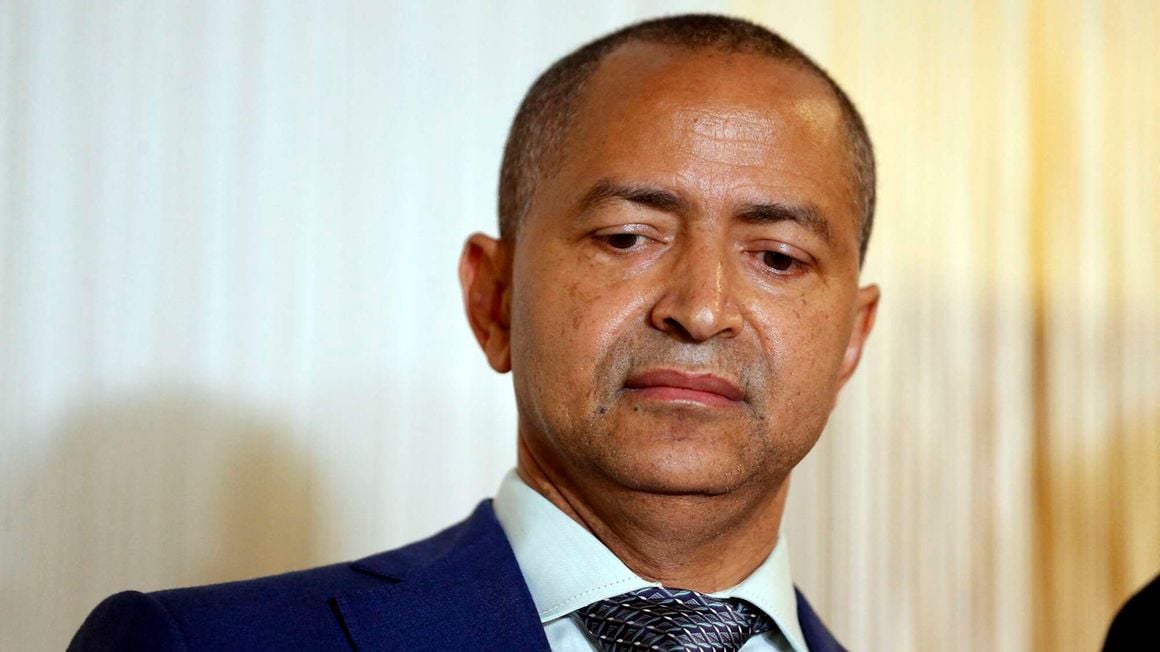The Democratic Republic of Congo’s upcoming presidential election officially has 23 contenders. But just two — President Felix Tshisekedi and Moïse Katumbi —have so far been campaigning across the country ahead of the polls due on December 20.
However, there is now talk of the opposition amassing behind Katumbi to compete with the incumbent, which could be historic if it happens, but expensive for both sides.
So far, three presidential candidates have withdrawn, at least in public statements, to back Katumbi. They are Seth Kikuni, Franck Diongo and former Prime Minister Matata Ponyo, whose stronghold of Kindu in Maniema Province (eastern Congo) witnessed heavy violence on Tuesday this week as Katumbi arrived in the city.
Dido Kakisingi, a lawyer and member of Katumbi’s party, was killed and several other people injured. Hervé Diakiese, spokesman for Ensemble pour la République (Katumbi’s party), claimed the lawyer was “fatally stoned” by people allied to the local governor. But local authorities said he died in an accident involving the motorcade welcoming Katumbi.
Death from violence may be one expense for the two top candidates, but it may go further to include the actual cost of campaigning and making supporters happy.
Katumbi was once an ally of Tshisekedi in the Union Sacrée de la Nation coalition. They fell out in December 2022, and he has since been one of his biggest critics.
Katumbi will need to pull veterans like Martin Fayulu, officially the third in the 2019 race, Nobel laureate Denis Mukwege and Delly Sesaga to his side to cement the opposition ticket.
While they all oppose Tshisekedi, they differ on areas the country needs to improve.
Katumbi, 58, a former governor of DRC’s richest province, Katanga, from 2007 to 2015, is also patron of TP Mazembe, one of Africa’s most prominent football clubs, since 1997. He managed to turn the team around, winning the African Football Confederation Champions League in 2009 and 2010.
These days, Katumbi uses sports vocabulary to rally crowds to criticise Tshisekedi’s record. In 2015, he rejected the idea of a “third penalty,” referring to a third term for President Joseph Kabila. This time, he is calling on the public to use VAR (video assistant referee) to check the outgoing president’s record.
A week after launching his campaign, the former governor appealed to Dr Mukwege and Vital Kamerhe to join him. In a campaign rally in Bukavu in South Kivu, on Monday this week, Katumbi asked for Mukwege’s support in front of a crowd deemed to be behind him.
This area is also home to Kamerhe, a senior government official now firmly on Tshisekedi’s side.
“In 2018, you were lied to that our brother Vital Kamerhe would be candidate for president in 2023… Afterwards, they put him in prison. Are you going to accept these people who have created false stories against him (Kamerhe)?” Mr Katumbi asked the crowd.
Katumbi also has personal battles. One is the question of his nationality.
Noël Tshiani, author of a new draft law on nationality, openly says Katumbi is of Italian nationality. He tried to have his candidacy rejected by the Constitutional Court but the judges dismissed his quest.
Katumbi’s lawyer, Hervé Diakiese, argued the lawmaker had produced before the Court “neither a decision by the Italian authorities recognising Moïse Katumbi’s nationality, nor any decision by foreign authorities granting him a nationality other than Congolese”.
President Tshisekedi shunned commenting on the matter, but he has recently harped on “foreign candidates who will lead us into slavery”. “Be careful,” he told a crowd this week, adding: “These foreign candidates will not be able to name the aggressor in the eastern part of our country.”
He was referring to the conflict in the east, where M23 rebels have recently been fighting with the Congolese army and allied militia.
Kinshasa accuses Rwanda of supporting M23 but Kigali has rejected the accusation, instead saying Kinshasa support FDLR, remnants of perpetrators of the Rwandan genocide.
Last week, both sides signalled a push to ease tensions, but it hasn’t reduced the political bickering inside the DRC.
“They have said that I am a candidate from abroad. How many trips have they made? They are the foreign candidates. I’m a candidate for action. I’m going to build roads here, I’m going to bring you electricity,” Katumbi responded.
Source: The East African



















